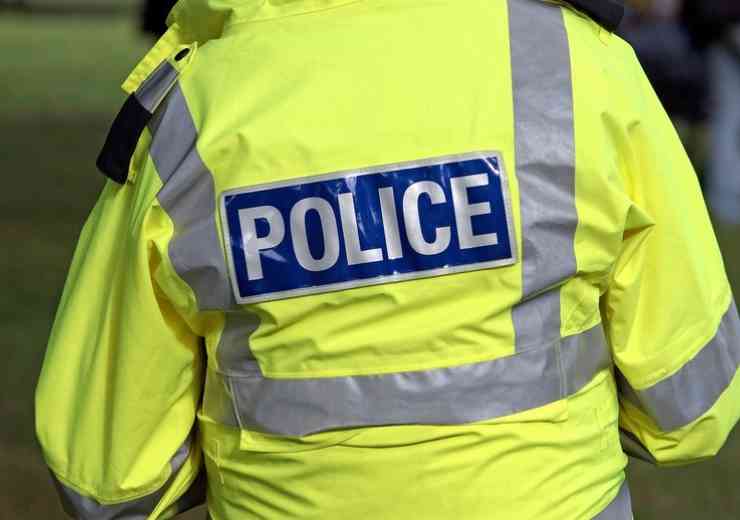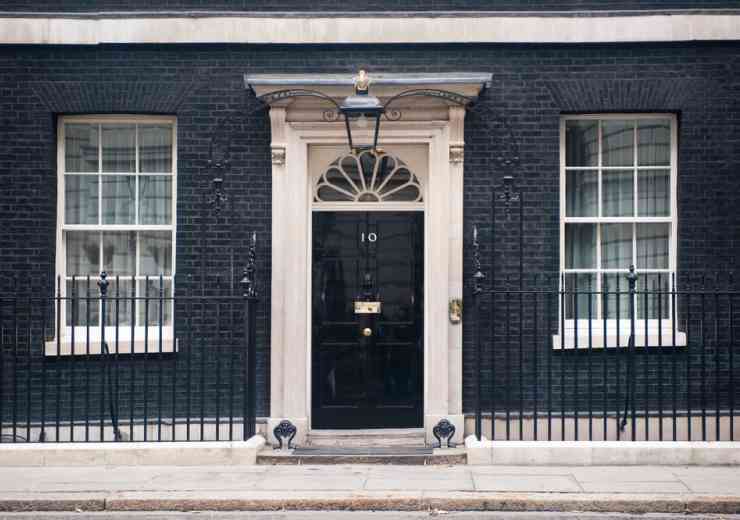News
Jun 26, 2018
UK to seek further chemical weapons powers
Foreign Secretary Boris Johnson is set to table proposals for the UK to gain further powers for chemical weapons inspectors to assign blame for the recent nerve agent attacks in Syria. In the wake of the nerve agent attack in Salisbury, Johnson will set out the proposals, which are opposed by Moscow, at a special meeting of the chemical weapons watchdog (OPCW) at The Hague. The aim of the OPCW meeting is to strengthen the ban on chemical weapons and is likely to face strong opposition from Russia. Johnson said: “This support from the international community demonstrates a shared recognition that the global norm against chemical weapons use is being threatened, following the horrific attacks in Syria and Salisbury in recent months. The international community came together in 1997 to outlaw the development, stockpiling and use of these vile substances through the Chemical Weapons Convention. We now owe a duty to the world to seize the opportunity that this meeting provides to uphold and strengthen that ban, so that chemical weapons are truly banished to the past." Alastair Hay, an expert on chemical weapons at Leeds University, told the BBC: “Whether it happens and whether there are sufficient votes that the UK can garner to support the move is still an open question really. Of course you have the UK, the Unites States, France and many others who want the OPCW to have those powers. But there are others who are very concerned about it. And that includes Russia and some of its allies. So, it's divided and it's a question of how many allies the UK can muster.”
View the latest
digital issue
digital issue


























